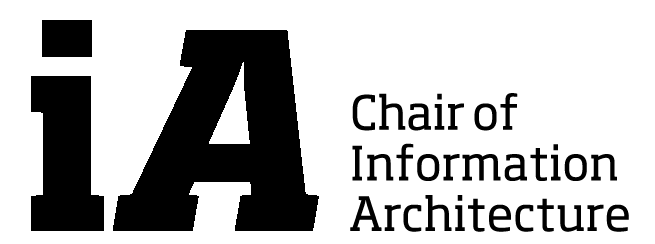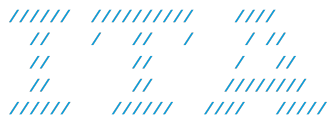About the course:
Cities are first and foremost built for people, and in today’s world, people produce large amounts of valuable data, thus contributing to what we call “smart cities.” As almost every building and every city is a prototype, these communities are in the early stage of development and require specific attention and expertise as we advance.
Smart cities, such as Zurich and Boston, consist of human-made structures or environments that are, in some capacity, monitored, metered, networked and controlled. With this functionality, combined with stationary sensors and mobile devices, data and information have become the new building materials of future cities. Using this data, citizens are now beginning to influence the design of future cities and the re-design of existing ones.
In this architecture course, you will learn the basics of information cities and urban science research, as well as how dynamic behavior and citizen-driven learning differentiate the responsive city from the smart city. The cities we present and develop in this course use the stocks and flows of information as the main drivers of change.
To deepen your knowledge of smart cities and give a perspective on the future of these cities, we also introduce the concept of citizen design science, a combination of citizen science, urban design, and cognitive design computing. Participants will furthermore have unique access to a design research platform for citizen design science. The intelligent use of data and information is at the core of this course, and these concepts will be the next generation of participatory design and design computing environments.
This course is part of the “Future Cities” XSeries, and builds on the experiences from our first two urban MOOCs: Future Cities and Livability in Future Cities.


